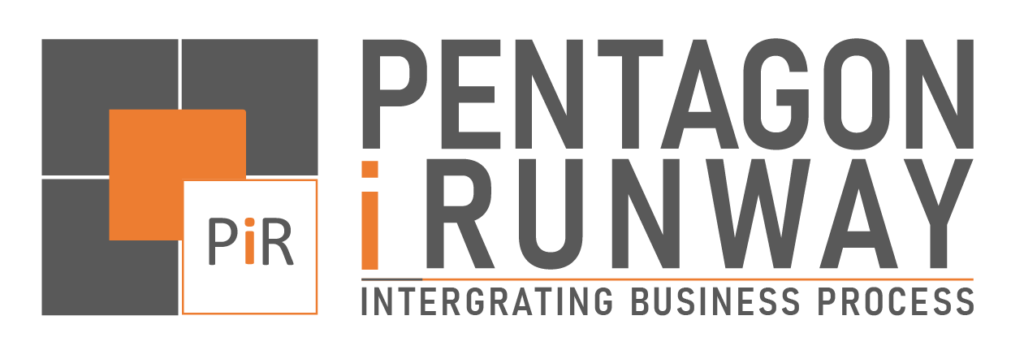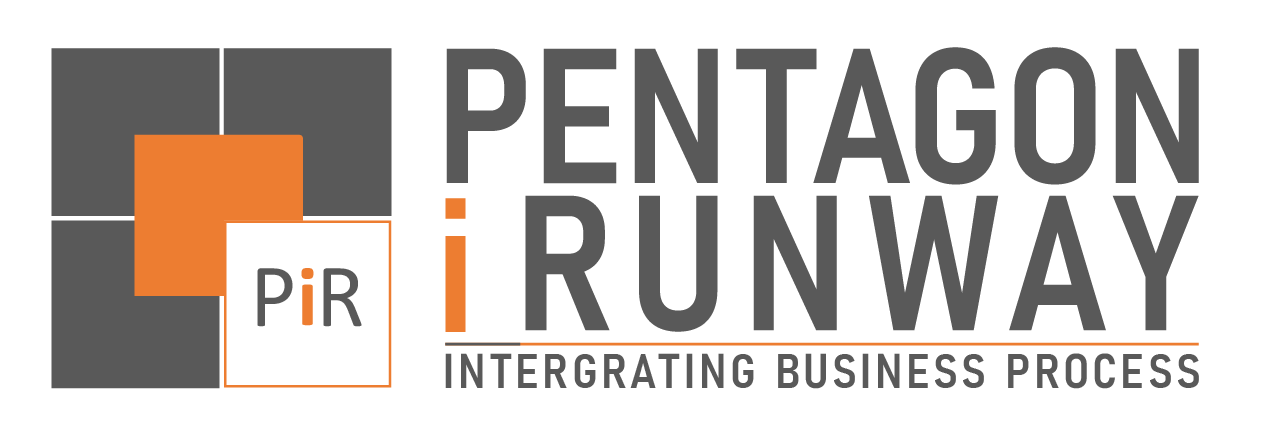- Insights
- November 15, 2023
How Axpert ERP Finance module act as the central piece on
In today’s fast-paced and ever-evolving business landscape, manufacturers face unique challenges that require advanced solutions to maintain their competitive edge. One such solution that has revolutionized the manufacturing sector is the Axpert ERP System.
In Axpert ERP system designed for the manufacturing industry, various modules work in synergy to streamline and optimize different aspects of business operations. The finance module is the central hub for financial management, but it connects and operates in conjunction with other modules to ensure a seamless and integrated workflow.
Here’s how other modules in an ERP for the manufacturing industry connect and operate with the finance module:
1. Inventory Module
Connection: The inventory management module shares real-time data with the finance module. It updates the finance module on stock levels, cost of goods sold (COGS), and inventory valuation.
Operation: When inventory levels change due to production, purchases, or sales, the inventory management module updates the finance module, allowing it to track the cost of inventory and its impact on financial statements.
When a company purchases inventory;
- Inventory account is debited
- Cash/creditors account is credited.
|
Inventory Purchases |
|
|
Inventory Account |
Debit |
|
Cash Account |
Credit |
When these inventory items are later released into production;
- Cost of goods sold (COGS) account is debited
- Inventory account is credited.
|
Inventory Issued |
|
|
COGS Account |
Debit |
|
Inventory Account |
Credit |
2. Sales Module
Connection: The sales module sends data on sales orders, customer invoices, and revenue recognition to the finance module.
Operation: The finance module records revenue as sales orders are fulfilled and invoices are generated. It also tracks accounts receivable, ensuring that outstanding customer receipts are monitored and managed effectively.
|
Sales |
|
|
Cash/ Debtor Account |
Debit |
|
Sales Account |
Credit |
When the customer returns the purchased goods to the company, the debit note is raised,
- Sales Account is debited
- Customer Account is Credited
|
Sales |
|
|
Sales Account |
Debit |
|
Customer Account |
Credit |
3. Purchasing and Supplier Management Module
Connection: The procurement module communicates purchase orders, supplier invoices, supplier debit notes, supplier credit notes, and payment schedules to the finance module.
Operation: The finance module records expenses as purchase orders are fulfilled and invoices are received. It manages accounts payable, ensuring that supplier payments are made on time and according to negotiated terms.
When a company purchases general materials,
- General Material (asset) Account is debited.
- Creditor Account is Credited
|
General Material Purchase |
|
|
General Material Account |
Debit |
|
Creditor Account |
Credit |
When the company returns purchased goods, the credit note is raised,
|
Credit Note to Supplier |
|
|
Supplier Account |
Debit |
|
Purchase Account |
Credit |
4. Purchasing and Supplier Management Module
Connection: The HR module shares data on employee salaries, salary advance payments, benefits, and labor hours worked.
Operation: Employee salary advance payment, and salary hold will automatically update to create accurate salary sheets.
When a company pay employees salary,
- Salary Expenses Account is debited.
- Cash Account is Credited
|
Salary Payment |
|
|
Salary Expenses Account |
Debit |
|
Cash/ Bank Account |
Credit |
5. Asset Management Module
Connection: The asset management module provides information on the acquisition, depreciation, and maintenance of assets.
Operation: The finance module includes this data in asset registers and tracks depreciation and asset-related expenses, ensuring that asset values are accurately reflected on the balance sheet.
When a company Depreciates Assets,
- Depreciation Expenses Account is debited.
- Accumulated Depreciation/Provision for depreciation Account is Credited
|
Assets Depreciations |
|
|
Depreciation Expenses Account |
Debit |
|
Accumulated Depreciation Account |
Credit |
These modules create a holistic ERP system that connects and operates seamlessly with the finance module by working together. This integration enables manufacturers to make data-driven decisions, maintain financial transparency, and ensure regulatory compliance throughout their operations. It also centralizes data, streamlines processes, and enhances efficiency in the manufacturing industry.
In this section, we will explore how the finance module of Axpert ERP has centralized the manufacturing industry, bringing efficiency, transparency, and agility to financial operations.
The Manufacturing Industry's Evolution
The manufacturing sector has come a long way from traditional production processes to highly automated, data-driven operations. This transformation has led to an increased need for an integrated and real-time financial management system that can adapt to the dynamic nature of manufacturing. Axpert ERP’s finance module plays a pivotal role in this transformation.
Integration and Data Centralization
One of the key benefits of the finance module in Axpert ERP is its ability to centralize financial data. In a manufacturing environment, various financial transactions occur daily, including purchasing raw materials, paying suppliers, managing inventory, and monitoring production costs.
With the finance module;
- All of these transactions such as seamlessly integrated into a single system.
- Eliminates data silos, reduces manual data entry
- Minimizes the risk of errors caused by disconnected systems.
Real-time Financial Visibility
Manufacturers require real-time financial visibility to make informed decisions and respond to market changes promptly. The finance module in Axpert ERP offers a dashboard that provides up-to-the-minute financial data, including cash flow, accounts receivable, accounts payable, and profitability analysis.
Real-time insight allows manufacturers to;
- Adjust their strategies
- Optimize cash flow
- Make informed financial decisions to adapt to changing market conditions.
Cost Control and Analysis
Effective cost control is vital in manufacturing, where every penny saved contributes to the bottom line. Axpert ERP’s finance module empowers manufacturers with a near-accurate cost sheet to monitor and control costs.
Detailed cost sheets in Axpert ERP enable businesses;
- To identify cost drivers
- Reduce wastage
- Optimize resource allocation.
- Improved profitability and sustainability for manufacturing companies.
Regulatory Compliance
Manufacturers operate within a highly regulated environment, with various compliance standards, tax requirements, and reporting obligations. The finance module in Axpert ERP is designed to help businesses meet these regulatory challenges efficiently. It can generate financial reports, automate tax calculations, and ensure that companies remain compliant with ever-changing financial regulations.
Key benefits of having Axpert EPR system that complies with financial regulations,
- Accuracy and Precisions
- Data Security
- Streamlined Reporting
- Auditing Efficiency
- Efficient Tax Management
- Financial Transparency
Efficient Accounts Receivable and Payable Management
Managing accounts receivable and payable effectively is crucial for manufacturers to maintain healthy cash flows.
The finance module in Axpert ERP;
- Automates the invoicing process
- Tracks outstanding payments
- Streamlines the collection process
- Helps manage vendor payments and optimize cash flow by scheduling payments strategically.
In conclusion, Axpert ERP’s finance module has centralized the manufacturing industry by providing a comprehensive and integrated financial management solution. Manufacturers can benefit from streamlined financial processes, real-time data access, cost control, regulatory compliance, and efficient accounts receivable and payable management. Ultimately, the enhanced financial capabilities enable better decision-making, which is crucial for staying competitive and sustainable in today’s manufacturing landscape.
As the manufacturing industry continues to evolve, manufacturers can rely on the finance module in Axpert ERP to help them navigate the complexities of finance, reduce operational costs, and ensure long-term success. With centralized financial management, manufacturers are better equipped to adapt to changing market conditions and seize new opportunities in an increasingly competitive global marketplace.


